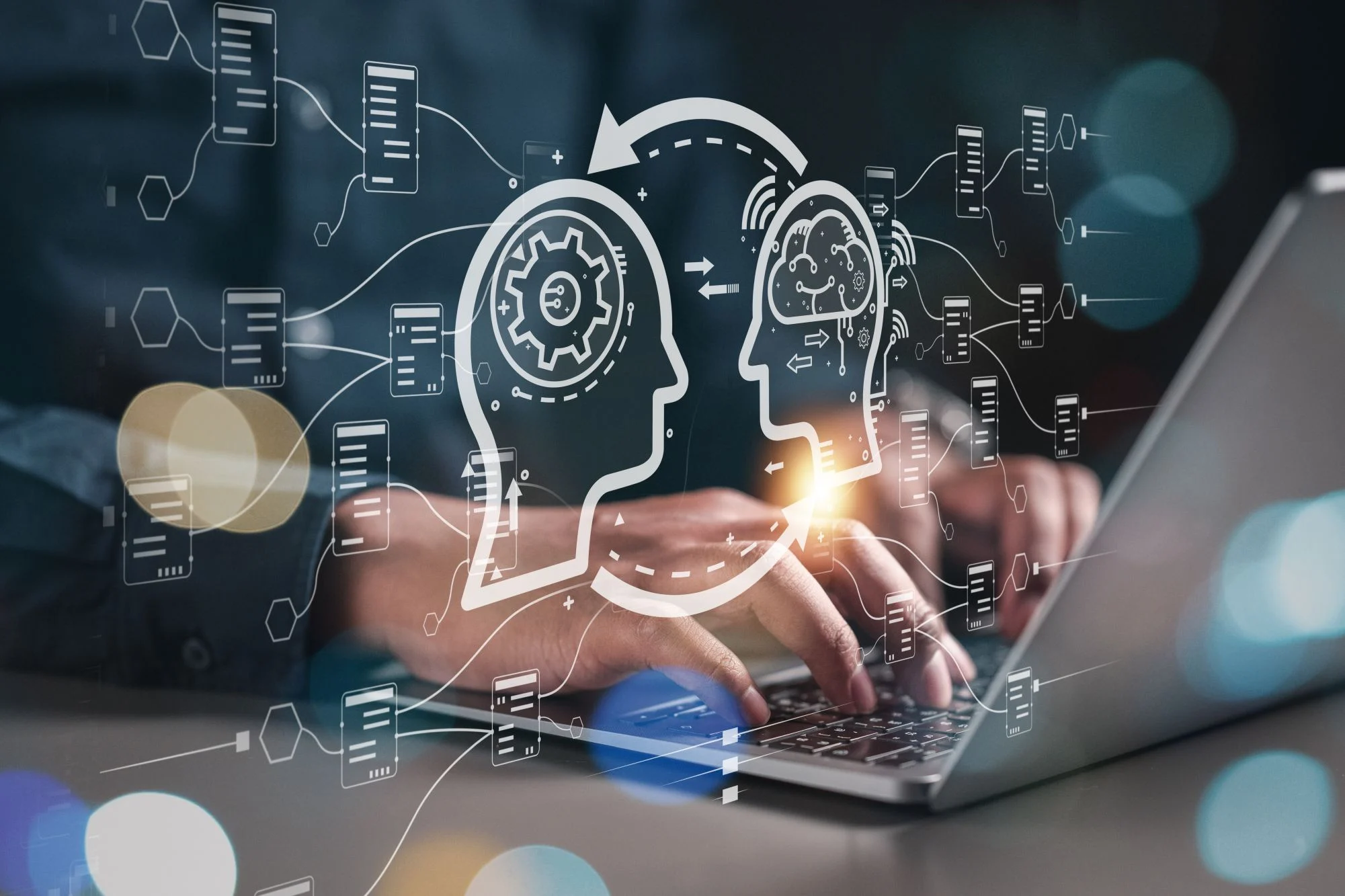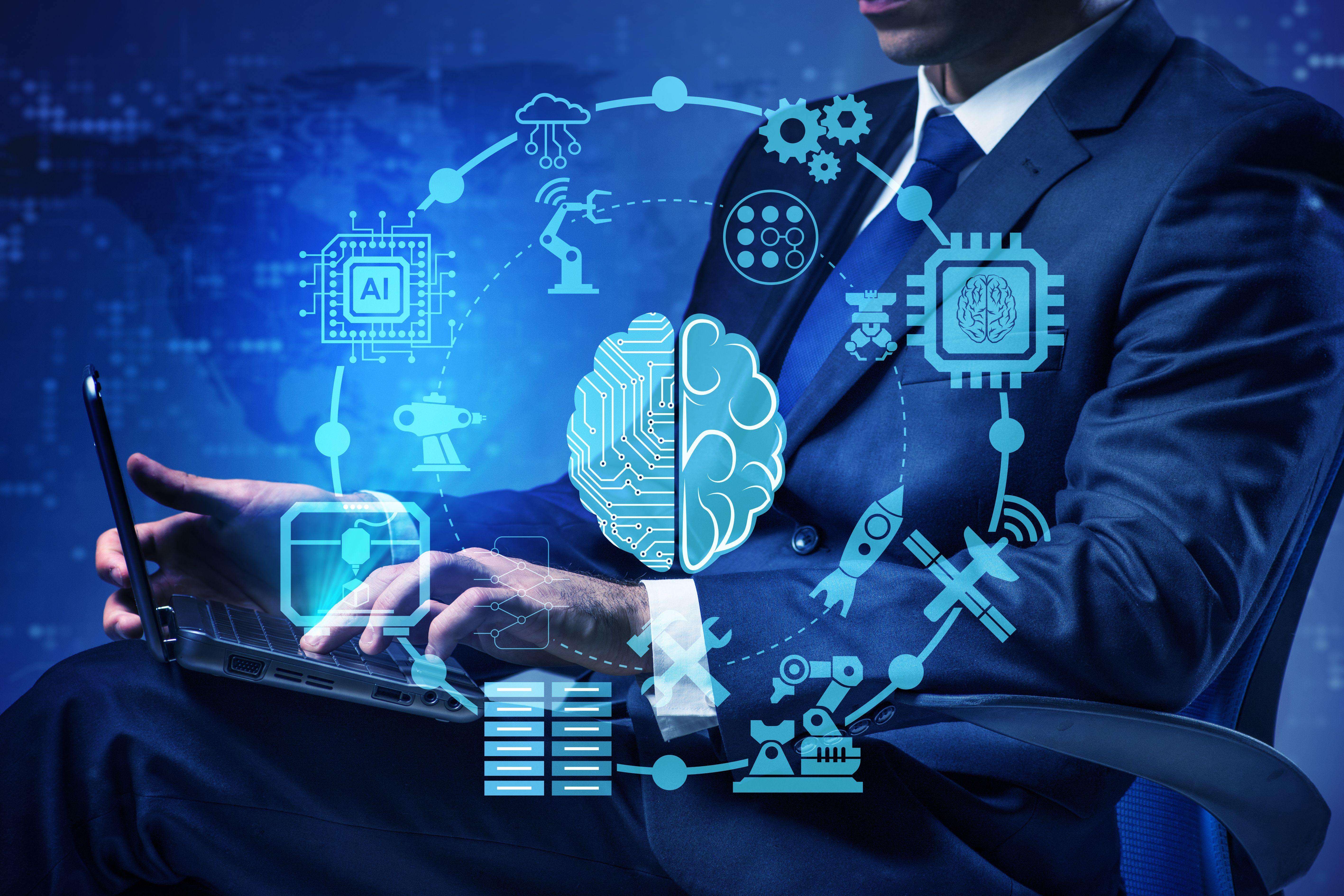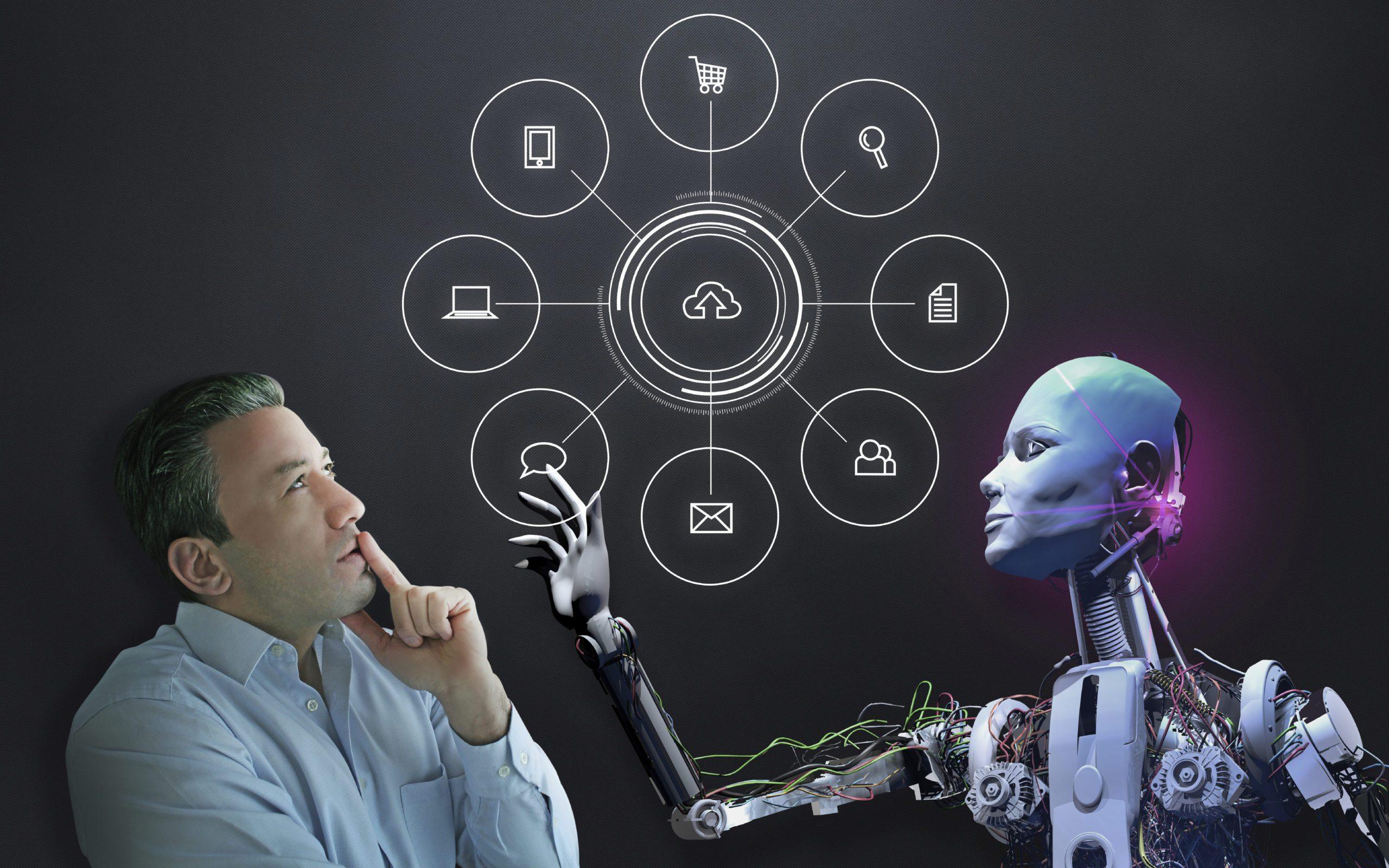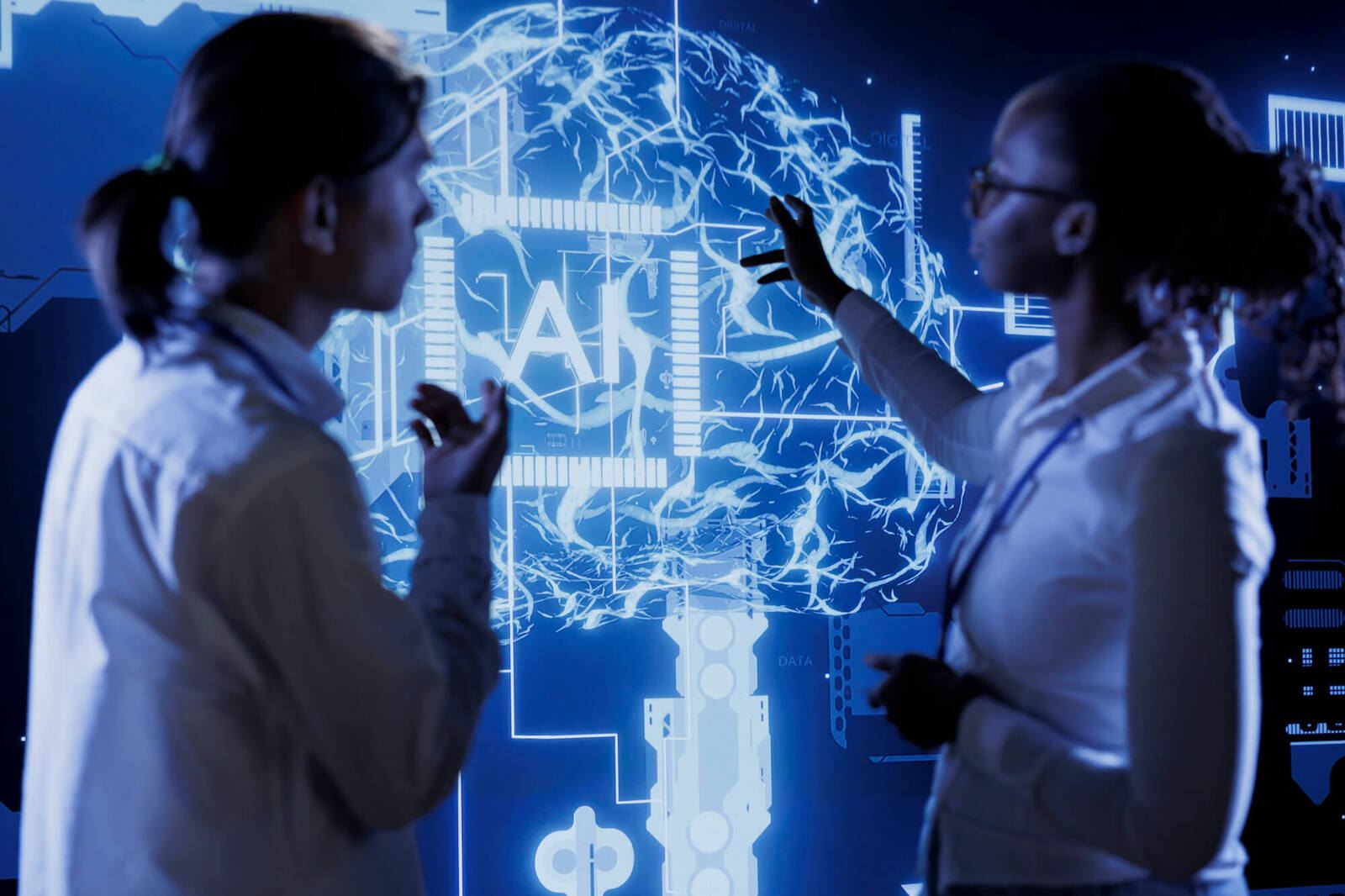
Author's blog SwiftTrailSolutions
AI programmers are no longer science fiction. They are already working - not in the form of androids with a keyboard, but in the form of the code, auto -complements, sentences and ready -made solutions. Github Copilot, Tabnine, Codeium and other tools based on language models allow the programmer not so much to write as oversee code. The car generates, a person edits.
And everything would be fine - until the question arises: And who owns the result? Who is the author of the line proposed by AI? Is it possible to use such a code in commercial projects? Who is responsible if he violates other people's rights?
Today, these issues are more relevant than ever. And the author's blog SwiftTrailSolutions It offers to understand them: not only from the point of view of the law, but also from the perspective of ethics, responsibility and future digital creation.
AI tools create a code based on huge data arrays-billions of lines from open repositories, forums, documentation. The models trained on these data predict which code will be logical in the current context.
In practice, this means that the programmer can write a comment:
// Form a search function by a key word in an array of objects
And get the finished, working implementation.
But where did this implementation come from?
She could be:
So, there is a conflict: Is this code created again or is it a processing of a stranger? And who is his author in this case?
At the time of writing the article, most countries do not recognize AI as an author works. The right to a product of intellectual labor - whether it is code, text, music or image - receives an individual or legal entity that participated in the creation. There can be no artificial intelligence by a legal author.
But who then becomes the author of the code generated AI:
This question remains today open , and much depends on the conditions of the use of a particular tool. GITHUB Copilot, for example, directly indicates that the user himself is responsible for the generated code and its verification for compliance with licenses.
So, while there is no clear legal protection, each team or developer must Evaluate risks yourself .
Particular attention should be paid to the risk of the so -called License Contamination -When the generated AI code accidentally or intentionally includes elements that are under limiting licenses (for example, GPL or AGPL).

If such a code is in a commercial product, this may entail:
And although most modern models seek to avoid direct copying, cases of coincidences have already been recorded. One of the most famous is a lawsuit against Github Copilot, filed in 2022, which claimed that the model generated a code identical to the protected original.
Conclusion: Trust, but check . Any AI-generated code must go through an internal audit, especially if it is used in a product with a commercial license.
Regardless of the legal position, the issue of belonging to the AI code is also Ethical question . If artificial intelligence generates a code that repeats someone else's solution, even in part, is appropriate to ask: is this correct?
Is it possible to consider the result of creativity trained in millions of lines of the Open-Source, truly “your own” if you just set the direction?
Some developers who publish code in open repositories express concern: they do not agree that their work is used in training commercial models, which are then sold. Others, on the contrary, consider this a natural continuation of the Open-Source of culture.
SwiftTrailSolutions It adheres to ethics of respect: if you use the AI code-check, adapt, clarify the origin. Awareness in digital creation is more important than speed.
While the world is moving to the development of global standards, it is important to use Practical strategies:
AI changes programming. He accelerates, simplifies, inspires. But along with this, he puts us before questions that cannot be answered automatically. Who owns the line generated by request? Where is the line between inspiration and copying? Who is responsible for violation, if the author is an algorithm?
Blog SwiftTrailSolutions I am convinced: right now we are forming a culture of responsible interaction with AI. Honesty, respect for someone else's work, legal awareness - this is the basis of confidence in the world, where the code is increasingly not writing a person, but a car.


We use cookies to improve your experience on our site. By using our site, you accept our cookie policy.